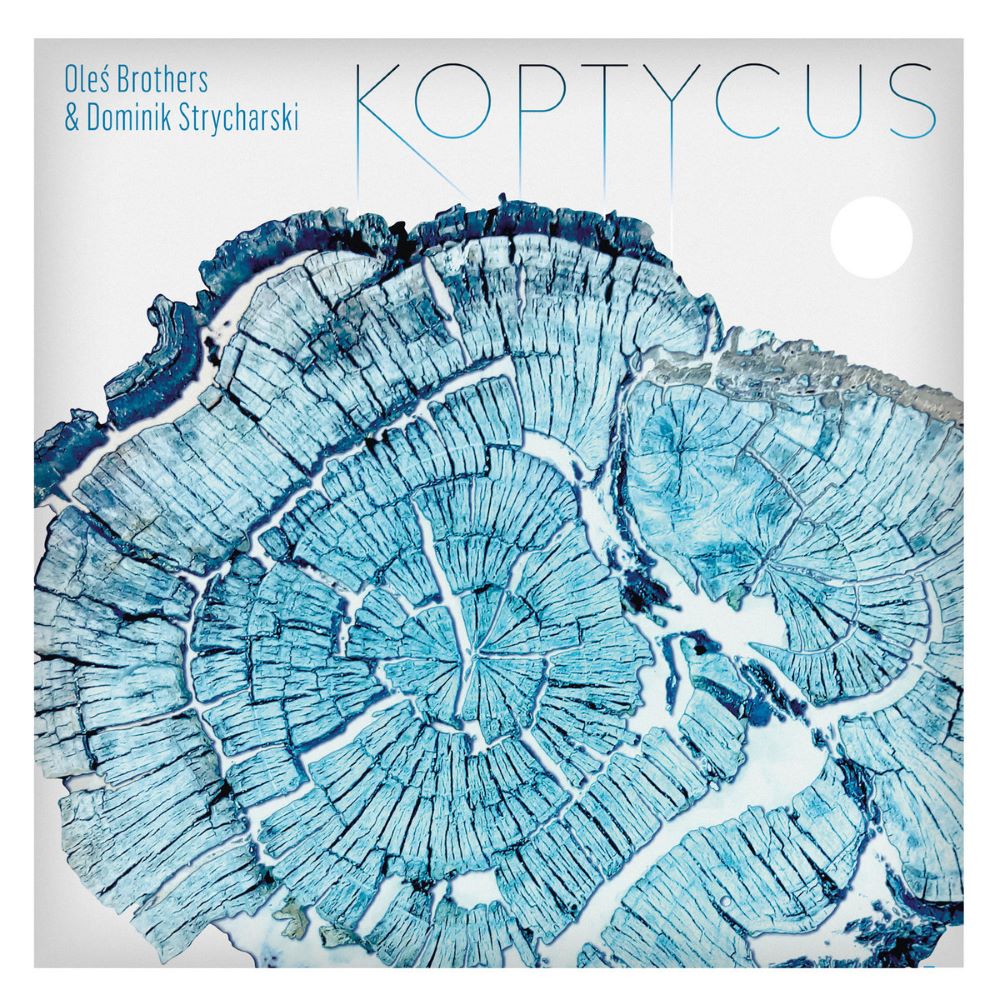Celebrated Saxophonist and Author Adam Larson Announces the Release of the Fiery With Love, From Chicago, The First in the Instrumentalist’s Trilogy of Trio Releases on Outside in Music, out February 11, 2022
☆☆☆☆ - All About Jazz
" This is the first trio recording Adam Larson has released; his exciting thematic explorations and his powerful musicianship plus the joyful, intense, musical, rhythmical playing of Clark Sommers and Dana Hall makes one hope this is the first of many collaborations."
- Step Tempest
Outside in Music is pleased to announce the February 11, 2022 release of the spirited new album from saxophonist Adam Larson, With Love, From Chicago. This adventurous trio recording marks the first of a recorded trilogy that Larson plans to release over the next 18 months. Each consecutive release will feature the incomparable saxophonist alongside a new chordless trio, surrendering the support of harmonic accompaniment for the freedom and melodic interplay associated with trio outings of this nature. On With Love, From Chicago, Larson explores his relationship with a city where he gained the confidence to develop into the artist that he is today. On this release, Larson is joined by two of Chicago’s finest instrumentalists, bassist Clark Sommers and drummer Dana Hall.
Described by critic Howard Reich of The Chicago Tribune as “a player for whom the word ‘prodigious’ was coined”, and by Nate Chinen of The New York Times as “the sort of jazz musician who gets flagged early on as a promising talent and then hustles to meet every requirement for success”, Larson has garnered numerous awards that distinguish him as one of the most promising artists of his generation. A preeminent force on the jazz scene, Larson has released five critically acclaimed albums, and performs regularly at such notable venues as Birdland, the Village Vanguard, the Blue Note, The 55 Bar, and Smalls. Beyond maintaining an active touring and recording schedule, Larson continues to be a sought-after clinician and master class presenter at notable high schools and colleges throughout the country. Larson is currently on faculty at UMKC where he is the head of the Arts Entrepreneurship program, and has also authored 12 successful jazz etude books that are currently being sold in over 45 countries.
Growing up just two hours downstate of Chicago (in Normal, IL), Larson’s love affair with the city actually began after the saxophonist moved to New York City and began to regularly perform in Chicago as a member of the Winard Harper Group. Larson notes “It was on that tour that Howard Reich (former critic for the Chicago Tribune) gave me a favorable performance review, which gave me the confidence to proceed at that point in my career. In a way, Chicago became a city that provided me with some external validation that I feel was crucial in my development. I really do love the city of Chicago and I’m thankful for all of the opportunities to perform over the years as both a leader and a sideman, as well as the numerous educational events I’ve done in the Chicago-land area.”
“When I began to map out the idea of creating a trilogy of trio recordings I looked to capture different musicians in cities that have played historical significance in my development and success as a musician,” reflects Larson. After the saxophonist first collaborated with Sommers and Hall in 2014 at a performance at Chicago’s The Jazz Showcase alongside saxophonist and mentor John Wojciechowski (whose tune “Twirl” is included on this record as an homage), he knew that he needed to dig into these musical relationships deeper. “The main concept of the album is to showcase the musical and personal relationships and trust that has developed between the trio through various experiences over the years and I’m quite certain the result is one of the best recorded examples of my playing, to date.”
Photos of Adam Larson courtesy of the artist
Immediately perceivable by the listener is the trust and synergy between these three fine players. Chances are taken, split-second decisions are made, and every step of the way, the trio navigates its way through the harmonic landscape of these brilliant compositions with power and finesse. With Love, From Chicago begins with Larson’s sprightly “Angolan Babysitter”. Larson delivers the lively melody with a fervor, supported by the steadfast rhythm section’s tight-knit groove. Highlighting the diversity of Larson’s sphere of influences, the piece was heavily inspired by a rhythm that the composer heard and studied during a six-week tour in Africa, and the song’s B section is influenced by a 2Pac song called “I Ain’t Mad at Cha”, as both songs share similar bass motion.
“Twirl” is a composition by John Wojciechowski. This piece is one of many that really highlight the group’s stunning facility on their instruments and tremendous capacity for listening. In the fashion of some of the most essential chordless trio recordings such as Sonny Rollins Live at the Village Vanguard and Joe Henderson, State of the Tenor, the tenor saxophonist has to do much of the harmonic heavy-lifting, stating the harmony by outlining the chord changes within their improvisation. Larson has certainly proven himself up to the task, spinning melodic and rhythmic motifs in a staggering way, and using the inherent additional space created by the absence of a chordal instrument to his advantage. This is especially true on this bright-tempoed, vibrant, playful piece.
Larson notes “Tierney’s Song” is written for my wife, Tierney. It took me a long time to write a song that I felt confident accurately reflected the beauty of my wife. I try very hard with this song to keep the melody singable- my wife and I met at MSM as she was finishing her Master’s in vocal jazz performance while I was finishing up my undergrad. She’s got a beautiful voice and I really enjoyed the touring we did together for a bit right after school. I tried to write with something that was “singable” in mind.” The album concludes on a truly powerful note with Sommers’ “Firestarter”. The piece features Sommers’ blisteringly fast walking-bass alongside Hall’s commanding percussive musings, underscoring some virtuosic melodic invention from the bandleader.
“As a trio, I think our sound is rather unique as it’s very hard to find a core rhythm section that has played together for nearly 20 years, like Clark and Dana have”, Larson notes. With Love, From Chicago captures a thrilling inventive energy between Larson and his Chicago-based collaborators, the album is a testament to the vitality and vibrancy of the jazz tradition in the Windy City and beyond.
1. Angolan Babysitter 6:23
Larson
2. The Time You Forgot You Knew 5:20
Sommers
3. Kansas to Chicago 6:16
Sommers
4. In Waiting 7:04
Sommers
5. We See 5:25
Monk
6. Twirl 4:43
Wojciechowski
7. Portrait of Jennie 7:40
J Russel Robinson
8. Root Fruit 5:28
Larson
9. Tierney’s Song 5:25
Larson
10. Firestarter 4:30
Sommers
Adam Larson - tenor saxophone
Clark Sommers - bass
Dana Hall - drums





















